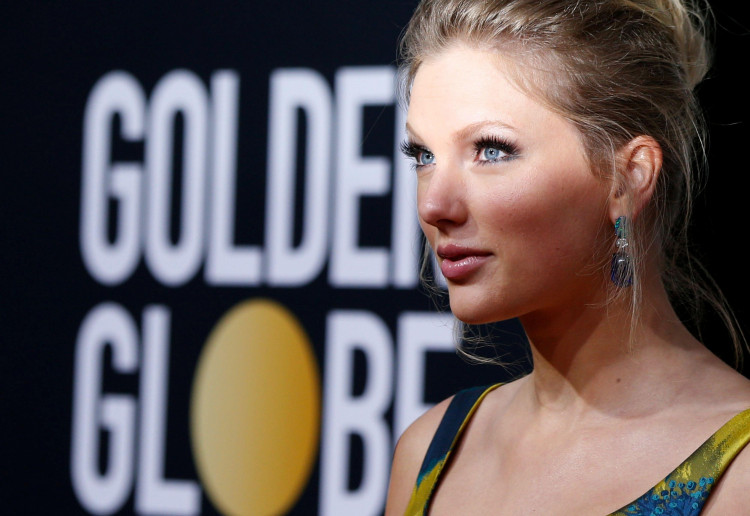The longstanding and highly publicized feud between Taylor Swift and Kim Kardashian has once again surged into the spotlight following the release of Swift's latest track, "thanK you aIMee." This release seems to have targeted Kardashian, leading to significant repercussions for the reality TV star's social media presence and potentially her family's brand.
The song in question, titled "thanK you aIMee," features notably capitalized letters K, I, and M, which observers suggest are a direct reference to Kardashian. In the song, Swift describes a character "Aimee" in terms that suggest betrayal and animosity, such as a "bronze spray-tanned statue" threatening harm. These lyrics have sparked controversy and intensified the feud, leading to online hostility directed at Kardashian.
According to insiders, Kardashian has experienced a sharp decline in social media followers, losing about 120,000 since the song's debut, as reported by The Globe magazine. The lyrics of Swift's song, which paint a picture of a school bully figure reminiscent of Kardashian, have ignited a wave of online hostility.
"Kim's getting a ton of abuse and online threats - and the rest of her family is feeling the backlash from Taylor's fans, too," revealed a source close to the situation. This resurgence of hostilities stems from a feud that has ebbed and flowed over the years, now reignited through Swift's compelling lyrical narrative.
The conflict between Swift and Kardashian dates back over a decade, famously beginning with an incident at the 2009 MTV Video Music Awards involving Kardashian's then-husband, Kanye West. The controversy gained new life in 2016 following the release of West's track "Famous," which included derogatory lyrics about Swift. Kardashian's intervention via social media, where she branded Swift a "snake," escalated the situation, leading to a significant public backlash against Swift at the time.
Swift's current musical response comes at a time when Kardashian is already navigating a complex array of personal and professional challenges, including managing the aftermath of her relationship with West. The source notes, "The timing couldn't be worse for Kim. She's trying to stabilize her brand and deal with a very difficult situation with Kanye. Now she's got everyone associated with Taylor, from her fans to her celebrity friends, basically wishing her dead."
This ongoing conflict has significant implications for Kardashian's business endeavors. As a prominent figure in reality TV and various commercial enterprises, any damage to her public image can have real economic repercussions. The source adds, "It's just totally out of control and Kim doesn't even feel like she can fight back. She's scared that it might make it worse. She's not handling it well at all."
The level of vitriol directed at Kardashian has alarmed both her and her family. Despite efforts to support her, the intensity of the backlash has left them with few options to mitigate the situation. The fear is not just for the immediate impact but also the long-term implications on the Kardashian brand, which relies heavily on public perception and social media presence.
The extent of the feud's impact on Kardashian's follower count underscores the power of celebrity influence in the digital age. Swift's ability to mobilize her fan base and affect change in public sentiment exemplifies the significant reach and impact that high-profile artists can have.






